Offline competitive chess can be hard to describe. In many ways, it’s a combination of boxing and staring into a mirror. Every move is a value statement, and every response is an attempt to refute it. In the end, someone will be proven wrong, one way or another. It’s a deeply personal, intimate experience laced with psychological undertones, and if you play right, you might not make the best moves but still end up with some takeaways about yourself.
Here’s what I learned while playing chess in 2023. Spoiler alert: It has very little to do with the actual board game.
There’s no magic, just loss aversion
I enjoy nothing more in chess than saving hopelessly lost positions. It’s not even the one-move swindle: It’s the continued accumulation of ghosts and pressure, throwing everything at my opponent with reckless abandon, making use of the meager time and space I earned as a reward for throwing away some material, waiting for them to crack.
It’s kind of like the trailer of RUSE, in a way, if you remember that old chestnut of a strategy game.
I often wondered why I can’t find the same levels of dynamism and activity before I make a stupid error that puts me in a position to go on an all-out adventure. Turns out, there’s both a mental aspect and a gameplay reason for this. The latter I alluded to above: The time it takes for your opponent to gleefully capture the material you threw away, then to return into a defensible shape, is the two or three tempi you need to conjure up an attack. Also, with one of your pieces (or a couple of pawns) gone, there is simply more space on the board for the rest of your army to work its magic. It’s not just happenstance.
The more important discovery, however, was figuring out how this all related to loss aversion. Turns out, once you’re in a losing position, you’ve got carte blanche to try ambitious attacks and to throw pieces at the wall and see what sticks, precision and accuracy be damned. It’s fun precisely because all normal avenues have been exhausted, so you can play with house money.
I loved the idea of making something out of nothing, of finding something in a game, knowing most other players wouldn’t. But this requires scenarios where there truly isn’t anything there. It’s still an excellent skillset to have—and I am definitely better at it than most on my level—but it’s something one should reserve strictly for emergencies.
Becoming a resilient little bastard
I was one of those kids who left the tournament crying after the first few rounds of the competition didn’t go my way. Imagine my surprise when, as an adult, I found myself at my best with my back against the wall. Not even that, perhaps, come to think of it—at these lower levels of play, the art of accurate defending is beyond our grasp. As someone who never saw a chess game he didn’t think he could win, the fact that I somehow found an extra gear when extinguishing board positions when I’m not up to snuff was a nice change to experience.
Picture the scene: You’re nursing a cough as you travel to Prague, and the six-hour train ride turns into nine because of mishaps on the line. You arrive exhausted, tired, struggling to get a good night’s sleep. Then you wake up, and you’ve got a marathon chess match to play. (Black pieces against the highest-rated player in your group, just to make things better.)
It’s an odd experience, a feeling that you can’t quite calculate the things you normally would be able to. Variations fade into the fog, and I get tired much earlier than usual. I get into trouble, but find a way to steer the game into an ending with bishops of opposite color, then a textbook draw. I pick up half a point here, exploit a blunder there, barely staying in the chasing pack by the halfway point despite an early loss.
Then, as a visit to Kafka’s grave and a visit to Prague’s marvelous Old Town reinvigorates me, the horizons slowly open up again—and somehow, barely, I squeak out a first-place finish on tiebreaks after holding a tough position for the final half point.
The trophy’s nice, but the knowledge I can now avoid a collapse is even nicer.


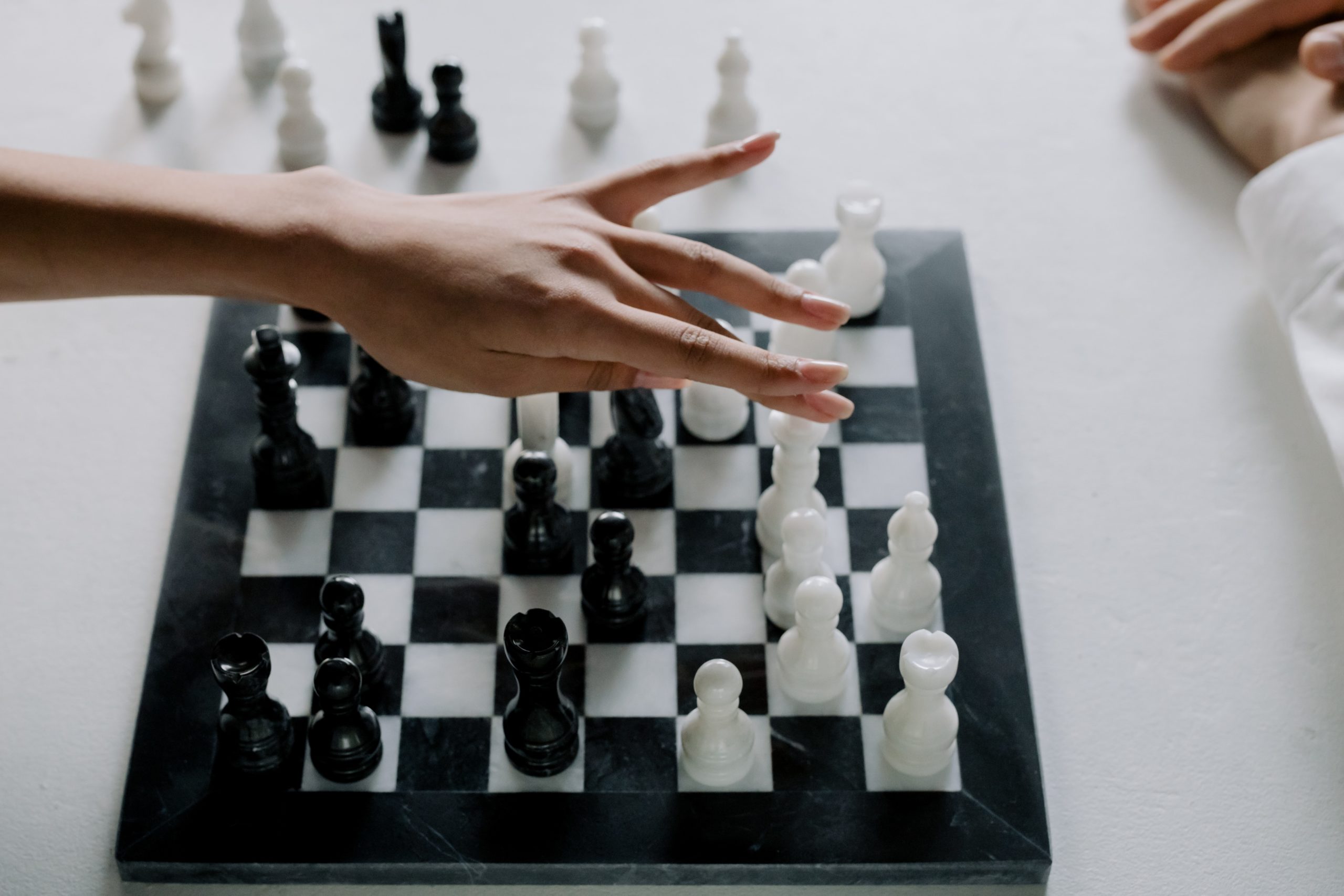

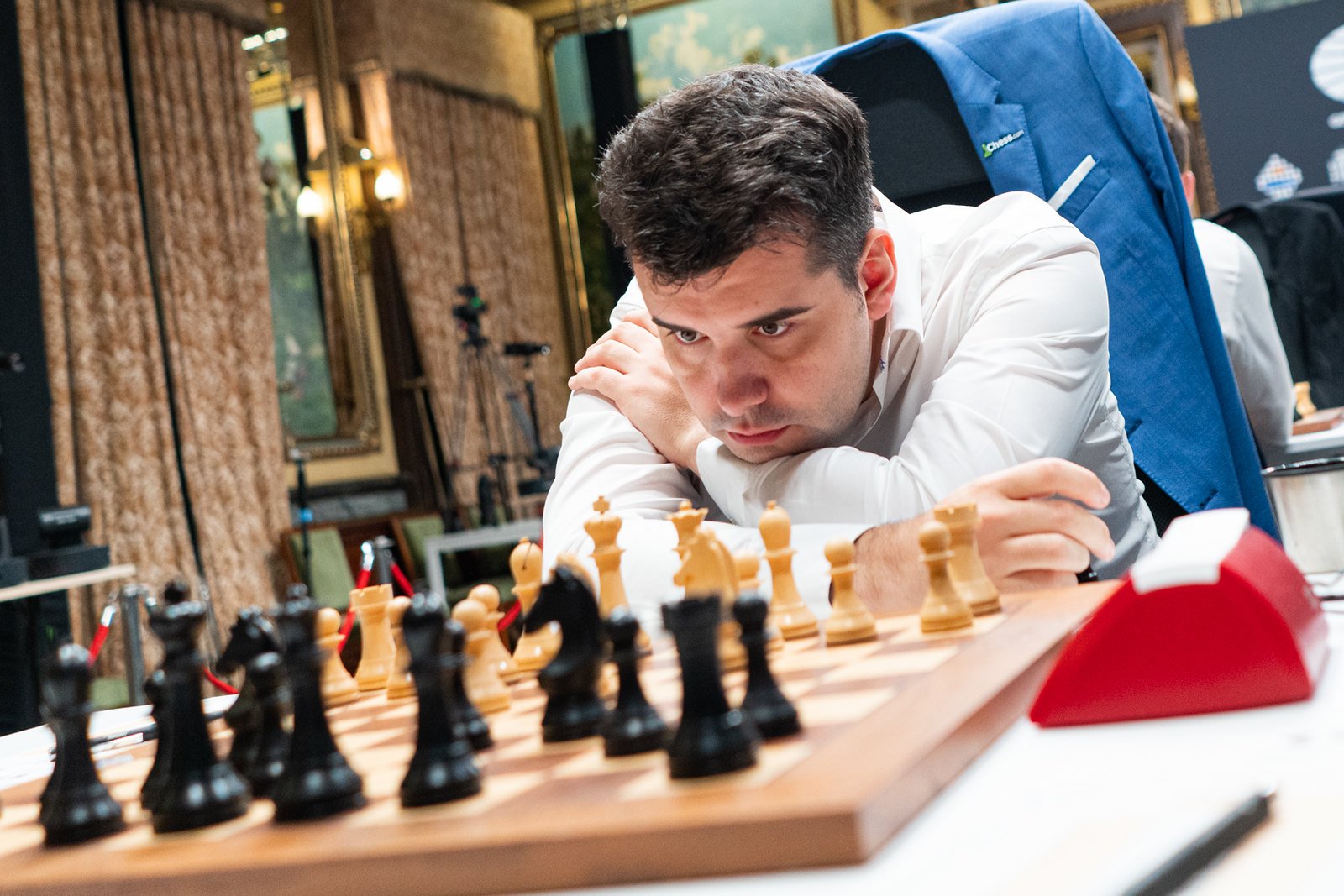
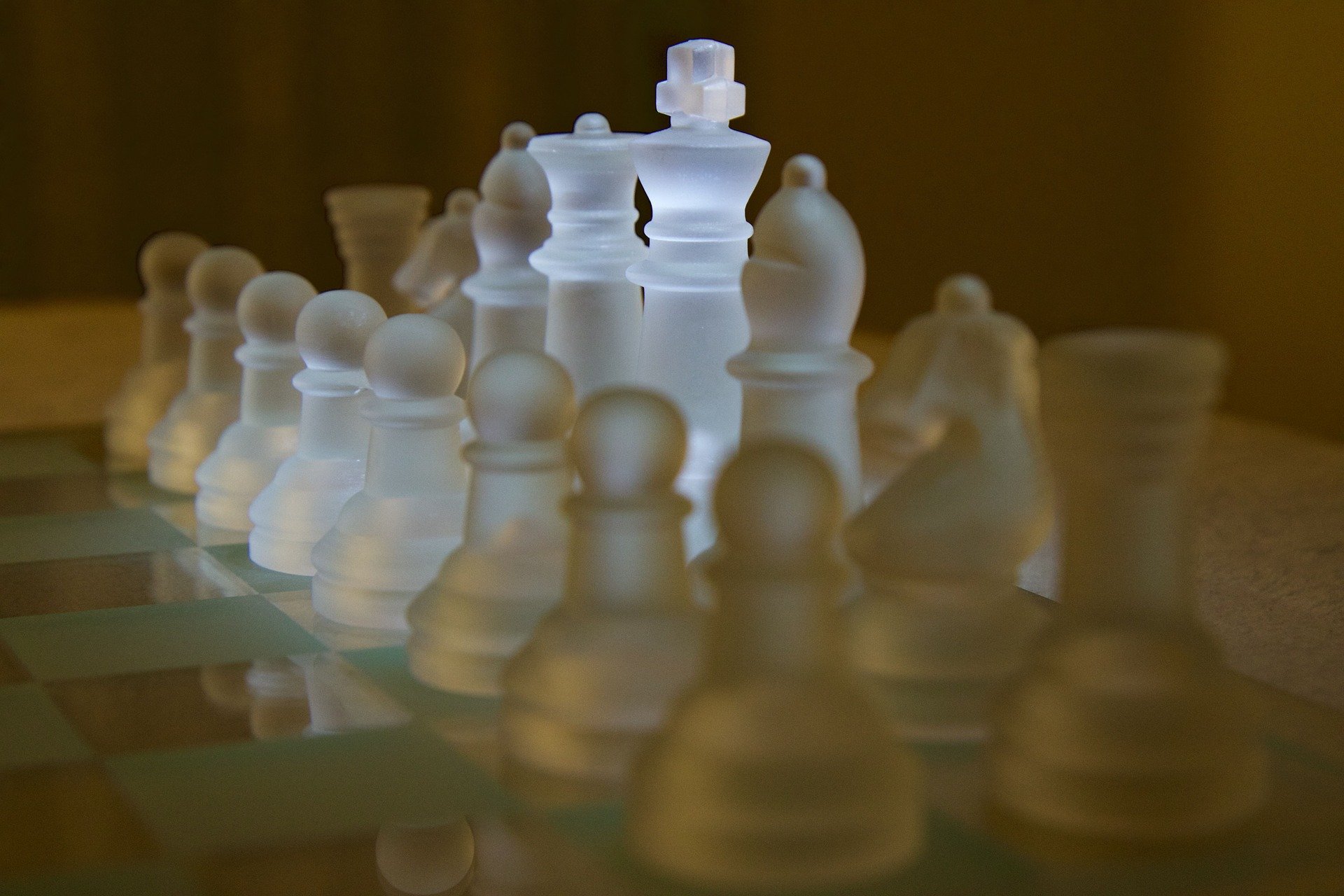
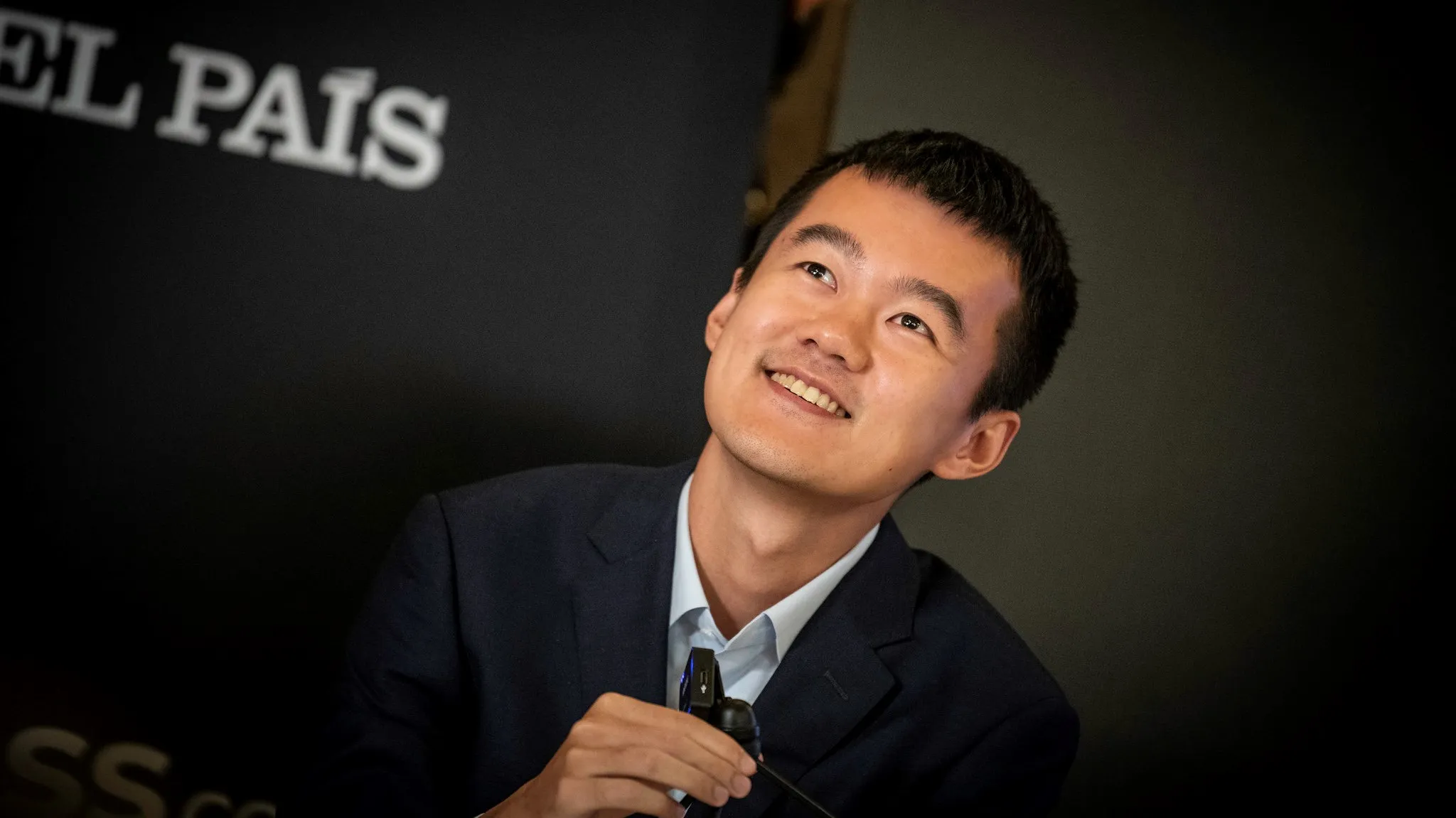
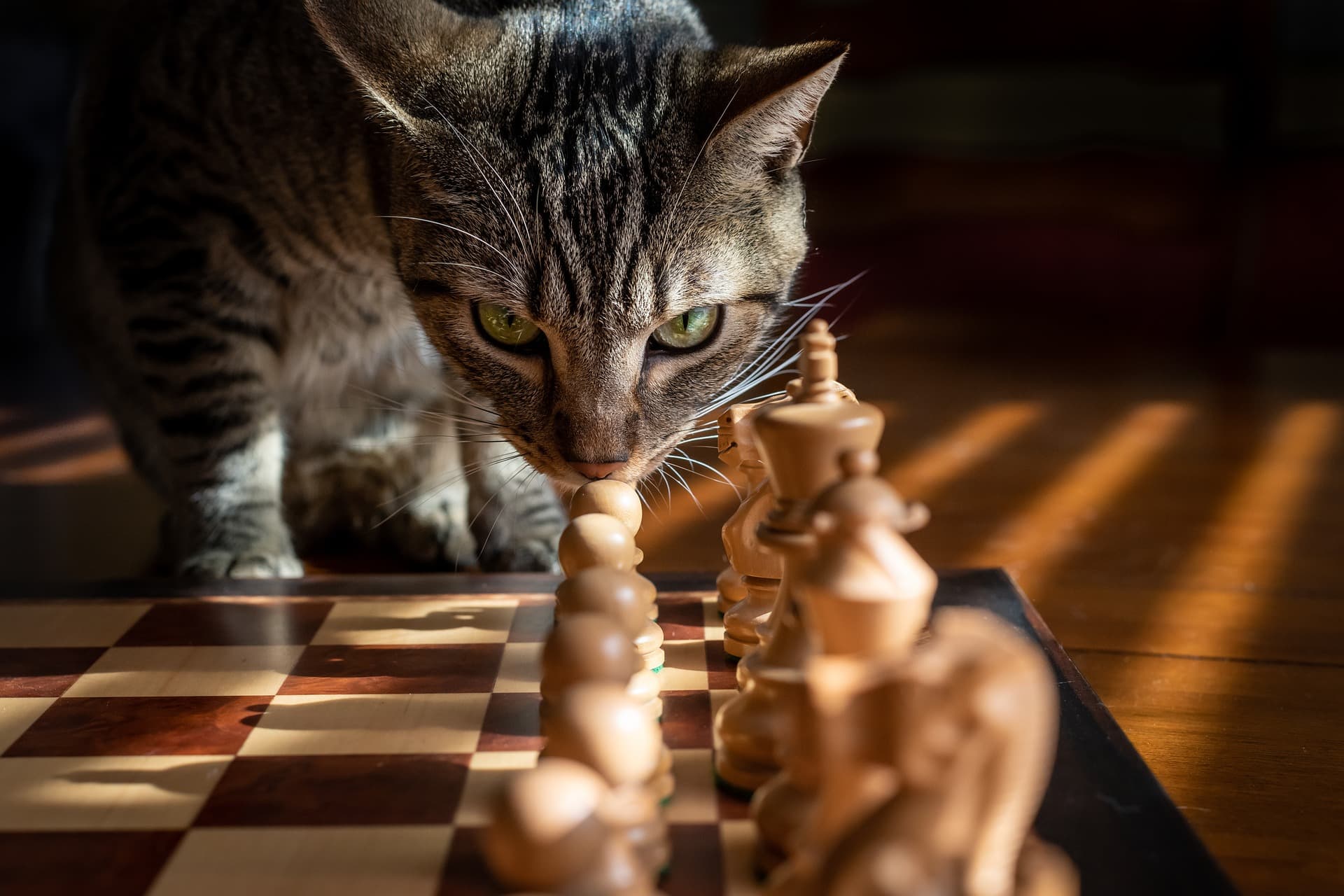
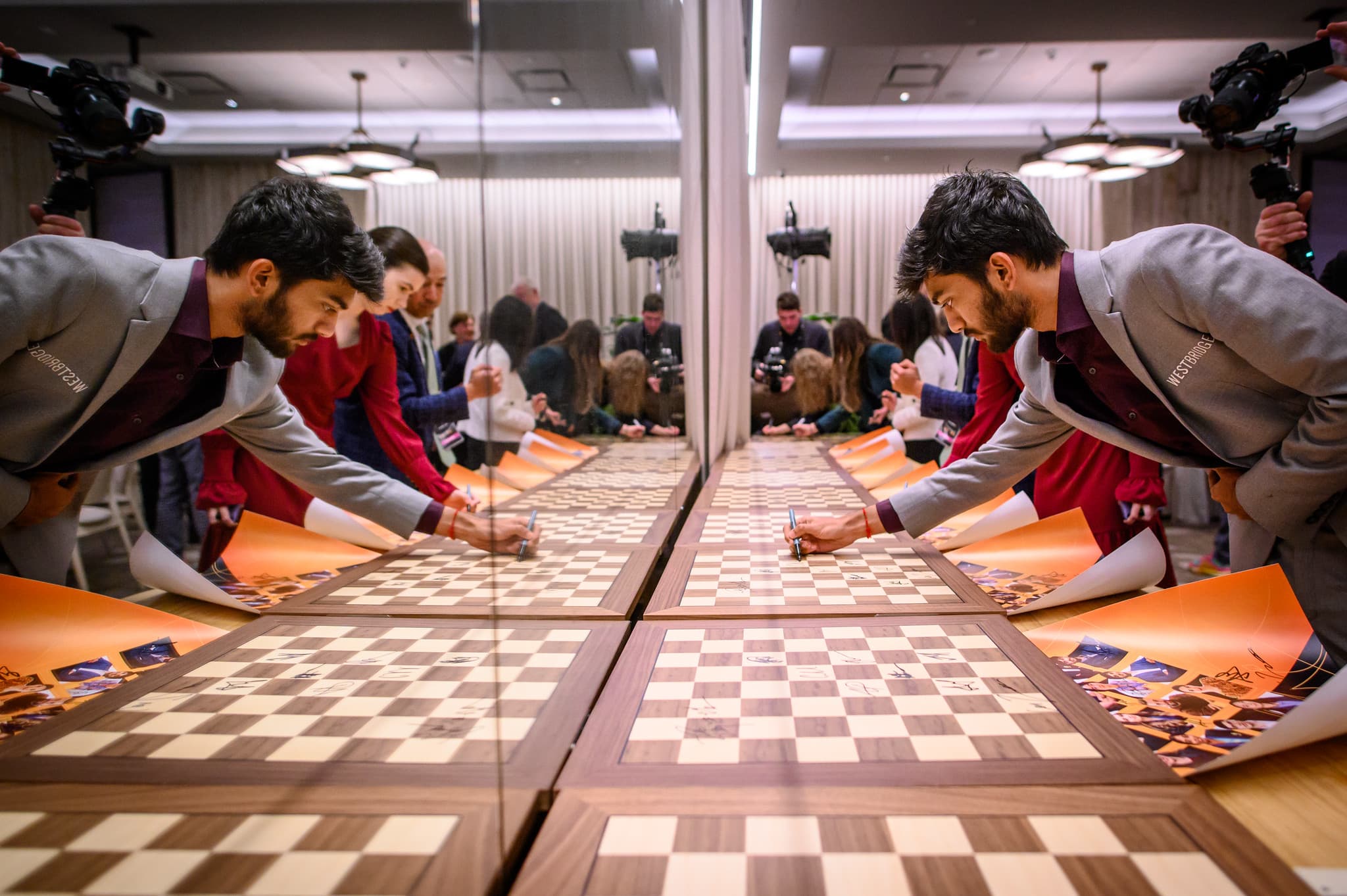
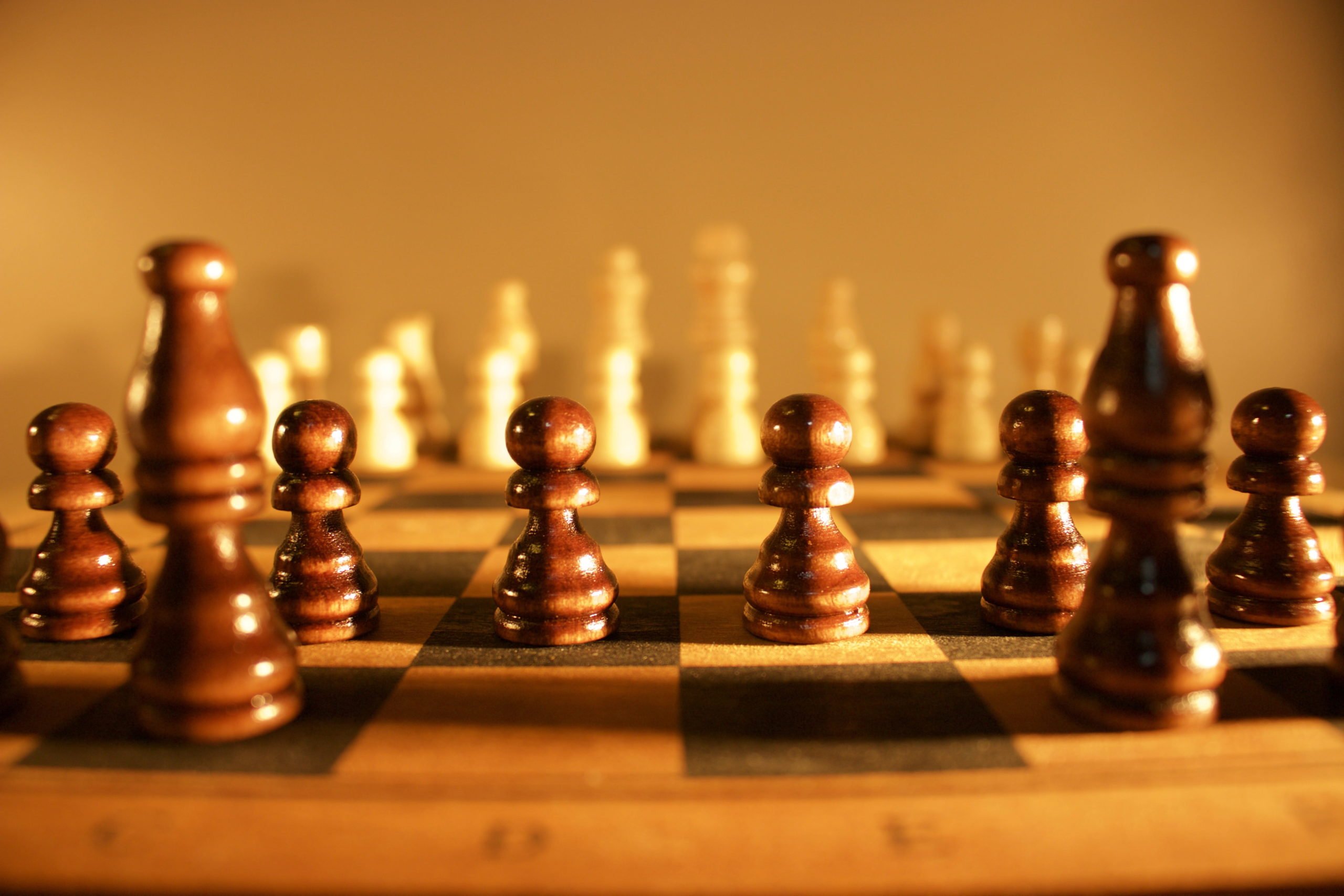
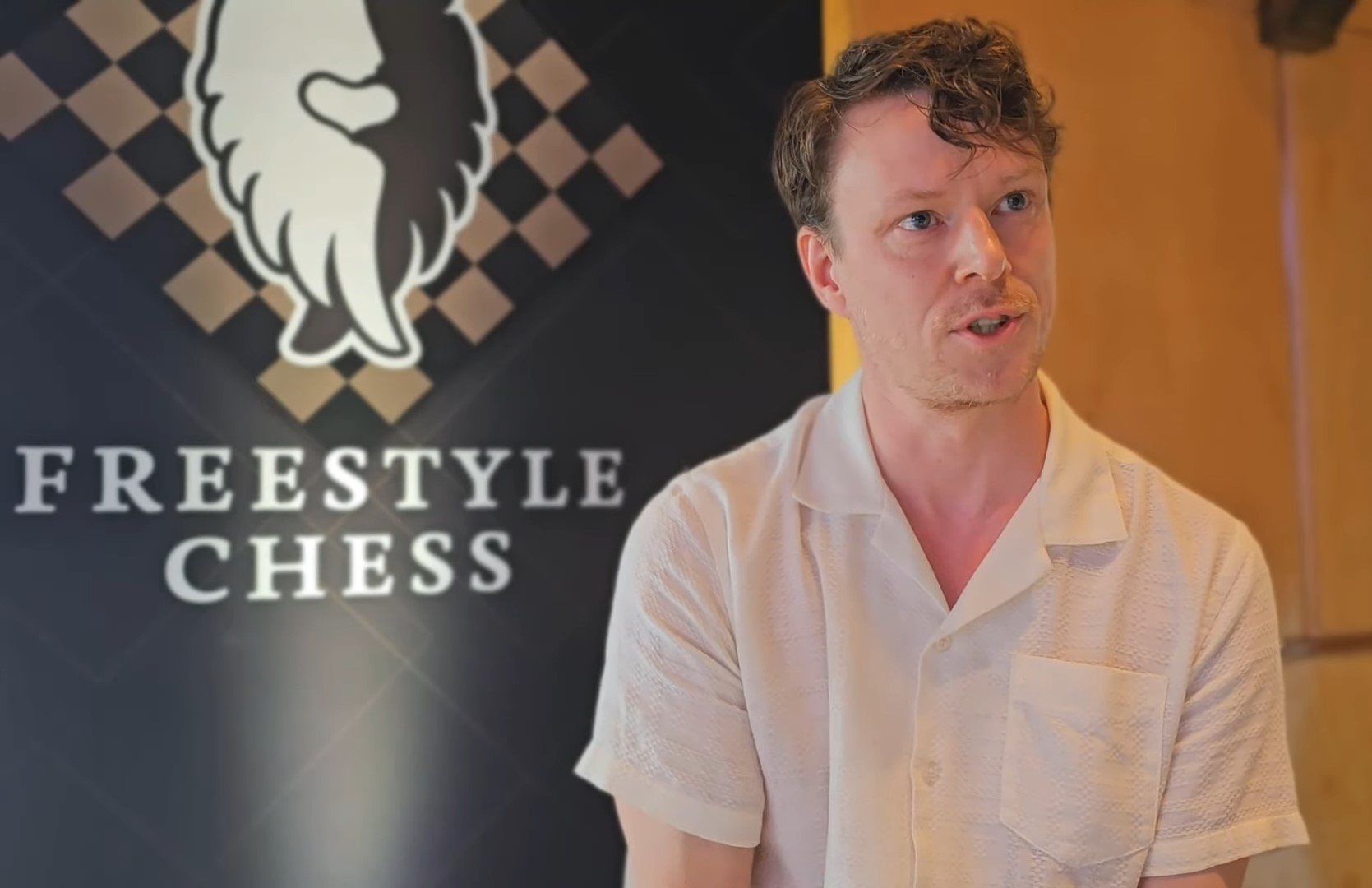

Published: Jan 1, 2024 10:30 am